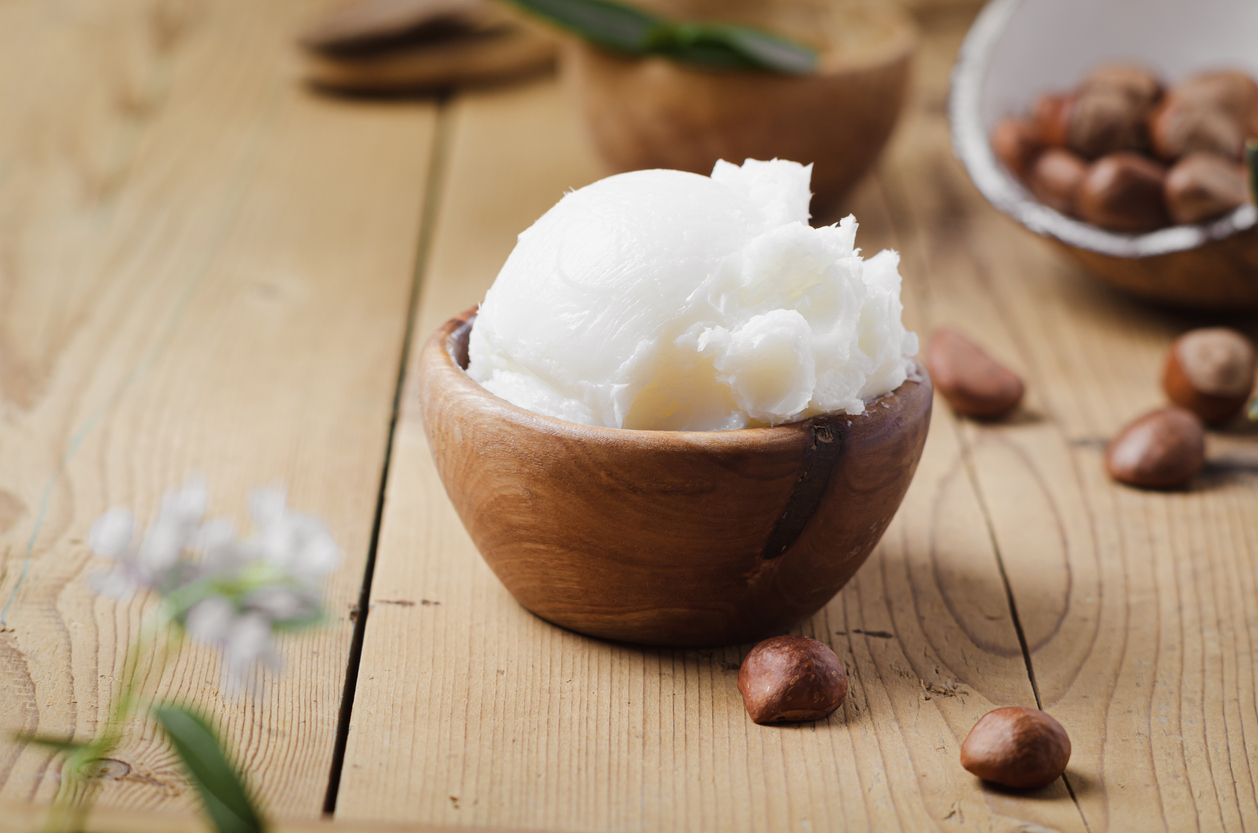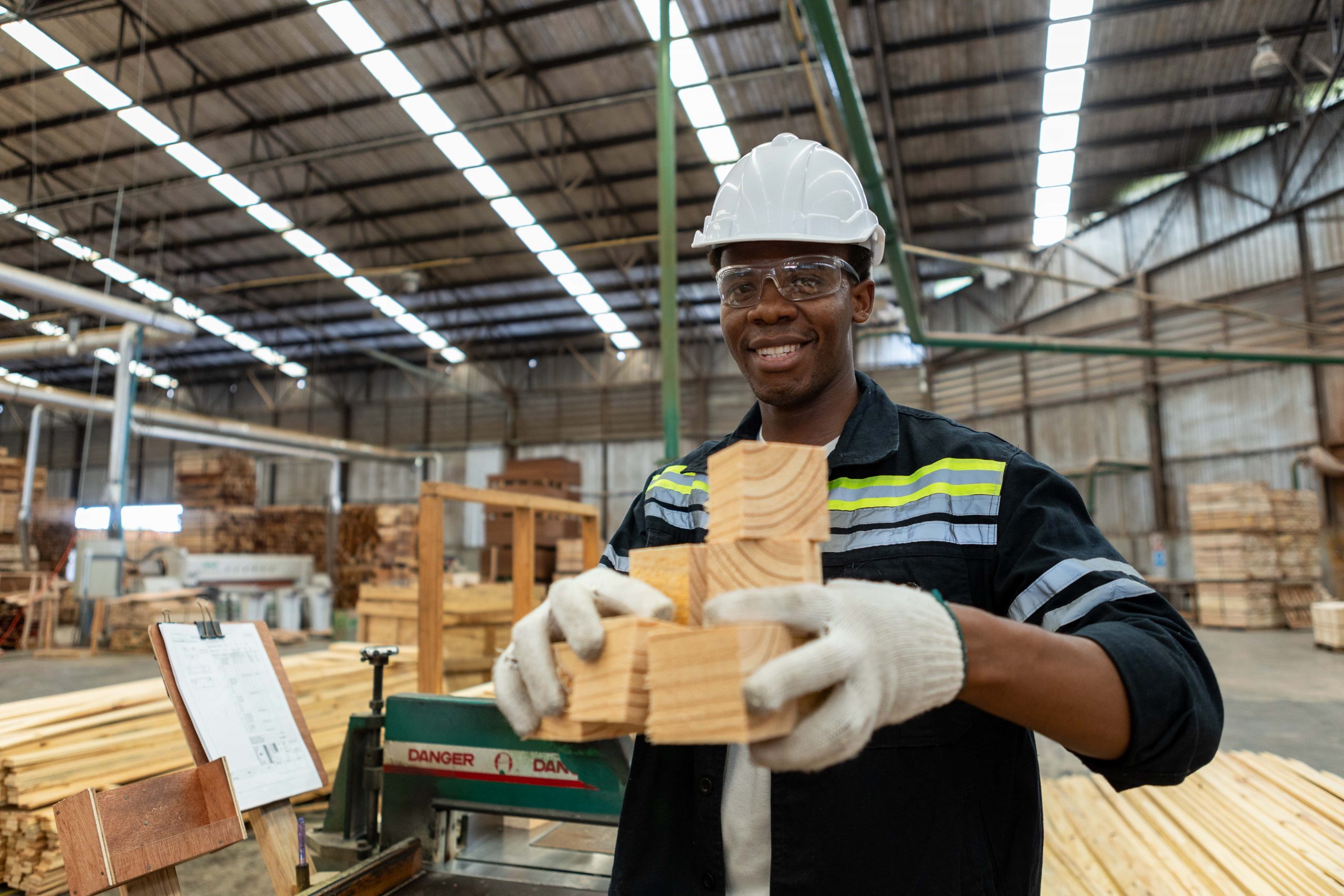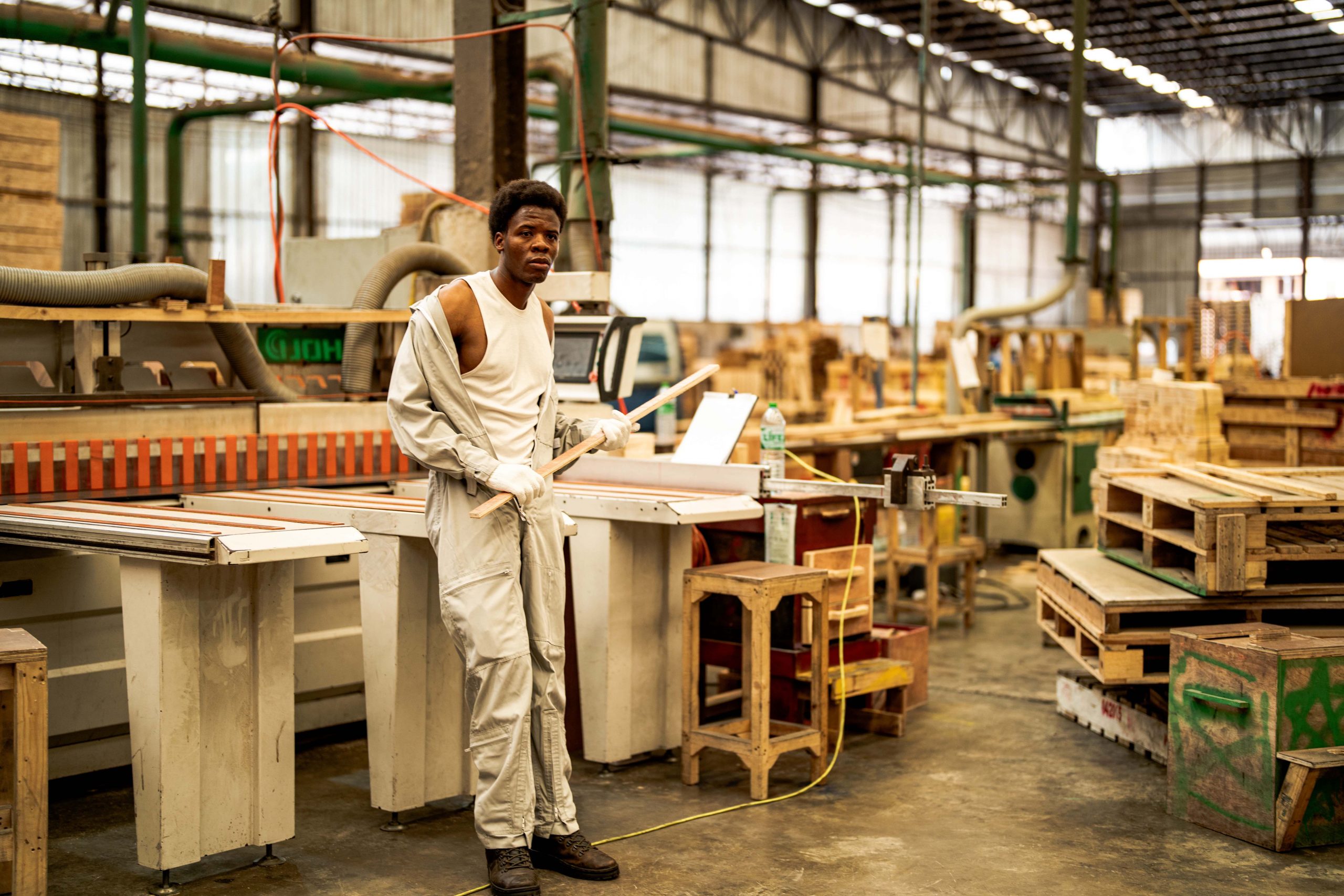From Farm to Shelf: A Glimpse into Wigmore Trading’s Sustainable Sheanut Farming Practices
From Farm to Shelf: A Glimpse into Wigmore Trading’s Sustainable Sheanut Farming Practices
Welcome to Wigmore Trading’s sustainable sheanut farming practices, where nature’s bounty meets ethical business. In this blog post, we invite you on a journey from farm to shelf, delving into the incredible world of shea nuts and the conscious cultivation behind them. Get ready to discover how Wigmore Trading is redefining sustainability in agriculture, fostering stronger communities, and ultimately bringing you exceptional products that make a positive impact on both your well-being and our precious planet. Join us as we peel back the layers of this extraordinary process – it’s time to witness true innovation rooted in harmony with Mother Earth!
Introduction to Wigmore Trading and their sustainable shea butter farming practices
Introduction to Wigmore Trading and their Sustainable Shea Butter Farming Practices
Wigmore Trading is a leading producer and exporter of high-quality shea butter, operating out of Ghana. What sets them apart from other companies in the industry is their commitment to sustainable farming practices. In this section, we will delve into what makes Wigmore Trading’s shea butter farming practices truly sustainable.
Sustainable Agriculture at the Core
At Wigmore Trading, sustainable agriculture is at the core of everything they do. This means that their farming practices not only focus on producing high-quality shea butter but also aim to protect the environment, preserve natural resources, and benefit local communities.
One key aspect of sustainable agriculture for Wigmore Trading is focusing on organic farming methods. They believe that by avoiding harmful chemicals and pesticides, they can ensure that their products are safe for consumers and the environment. This commitment to organic farming also helps maintain soil fertility and supports biodiversity in the area.
Empowering Local Communities
Another crucial element of sustainable shea butter farming at Wigmore Trading is community empowerment. The company works closely with women’s cooperatives in rural areas where shea trees are abundant. These cooperatives consist mainly of local women who have been traditionally responsible for collecting sheanuts from wild trees.
The benefits of using shea butter and the importance of sustainable farming methods
Shea butter has been used for centuries in West Africa as a natural moisturizer and healing agent. Derived from the nuts of the shea tree, this versatile ingredient is now becoming increasingly popular in Western beauty and skincare products. However, with its rising demand comes concerns about sustainability and ethical sourcing practices.
At Wigmore Trading, we believe that using sustainable farming methods is not only crucial for preserving the environment, but also for maintaining the quality of our shea butter. Our commitment to sustainable farming goes hand in hand with our mission to provide high-quality products while supporting local communities.
One of the major benefits of using shea butter is its nourishing and moisturizing properties for the skin. It contains high levels of fatty acids and vitamins that can help improve skin elasticity, reduce inflammation, and protect against environmental damage. Its emollient properties make it an excellent natural alternative to synthetic moisturizers, making it suitable for all skin types.
Another benefit of shea butter is its versatility in usage. It can be used on hair as well as on skin, making it a multi-purpose ingredient in beauty products. It can be found in various forms such as raw or refined butter, creams, lotions, shampoos, lip balms and soaps.
A closer look at Wigmore Trading’s partnership with trusted shea nut farmers
At Wigmore Trading, we are committed to promoting sustainable and ethical practices in the production of shea butter. One of the ways we achieve this is through our partnership with trusted shea nut farmers in West Africa.
We recognize that for our business to thrive, it is essential to support and empower the local communities who have been harvesting shea nuts for generations. Therefore, we have established long-term partnerships with these farmers, working closely with them to improve their livelihoods while also ensuring the highest quality of shea nuts for our customers.
Our partnership begins at the farm level, where we collaborate with local farmers to implement sustainable farming techniques. We provide them with training on best practices such as crop rotation, proper use of fertilizers and pesticides, and water conservation methods. By adopting these methods, we not only improve soil fertility but also minimize any negative impact on the environment.
Furthermore, our partnership extends beyond just farming practices; we also work together to reach fair trade standards. This means that our partner farmers receive fair compensation for their hard work and dedication. We believe in creating a mutually beneficial relationship where everyone involved benefits from the trade.
Another crucial aspect of our partnership is ensuring safe working conditions for all workers involved in collecting shea nuts. We make sure that all safety measures are followed during harvest season when workers climb up trees to collect the ripe fruits manually. We also provide protective gear such as gloves and helmets to ensure their safety at all times.
How Wigmore Trading ensures fair trade and supports local communities through their farming practices
At Wigmore Trading, we believe in practicing fair trade and supporting local communities through our farming practices. We understand the importance of sustainable agriculture not just for the environment, but also for the livelihoods of farmers and their communities. Through our sheanut farming operations, we have developed a set of principles that guide us in ensuring fair trade and promoting the wellbeing of local communities.
Firstly, we prioritize working closely with local farmers to ensure that they are fairly compensated for their hard work. We understand that farming is not an easy job, and it requires dedication and skill. That is why we pay our partnering farmers a premium price for their sheanuts, which is above market value. This not only helps them make a decent living but also motivates them to continue producing high-quality crops.
Moreover, we have established long-term relationships with these farmers to provide them with a stable source of income throughout the year. This allows them to plan and invest in their farms without worrying about fluctuating prices or market demand. By providing consistent support and fair compensation, we aim to empower these farmers and contribute to their economic stability.
In addition to fair trade practices, we also prioritize ethical labor standards on our farms. Our workers are treated with respect and dignity while being provided with safe working conditions. We do not tolerate any form of exploitation or discrimination within our operations.
The process of harvesting and producing shea butter from the farm to shelf
The process of harvesting and producing shea butter is a time-honored tradition that has been passed down for generations in West Africa. At Wigmore Trading, we take great pride in our sustainable sheanut farming practices that ensure the highest quality shea butter from our farm to your shelf.
Step 1: Harvesting
The first step in the process of producing shea butter is harvesting the nuts from the shea trees. This is typically done by hand with a long pole or by climbing the trees. It requires skill and precision to carefully remove the ripe nuts without damaging them.
At Wigmore Trading, we have a team of skilled farmers who have been trained in proper harvesting techniques. They carefully select only ripe nuts to ensure the best quality shea butter.
Step 2: Drying and Sorting
After harvesting, the next step is drying and sorting the nuts. This involves placing them on large mats or racks to dry under the sun for several days. This allows for easier removal of the outer shell before processing.
Once dried, our farmers sort through the nuts to remove any damaged or moldy ones. This ensures that only high-quality nuts are used in production.
Step 3: Crushing and Roasting
The dried and sorted nuts are then crushed using traditional methods such as pounding them with a mortar and pestle or grinding them into a paste using a stone grinder. This produces a thick brown paste known as shea nut paste.
Why choosing sustainably sourced shea butter is important for consumers and the environment
Why choosing sustainably sourced shea butter is important for consumers and the environment:
In recent years, there has been a growing awareness and demand for sustainable products. This trend is not just limited to food and clothing but also extends to skincare and beauty products. One such product that has gained popularity in the sustainable market is shea butter.
Shea butter, derived from the nuts of the African shea tree, has been used for centuries as a natural moisturizer and healing agent for skin and hair. However, the increasing demand for this versatile ingredient has led to unsustainable farming practices that harm both consumers and the environment.
At Wigmore Trading’s sustainable sheanut farm, we prioritize ethical and eco-friendly farming methods to produce high-quality shea butter that benefits both our customers and the planet.
Here are some reasons why choosing sustainably sourced shea butter should be an essential consideration for consumers:
1. Protecting biodiversity: Unsustainable harvesting methods often involve cutting down trees or using chemicals that disrupt natural ecosystems. This can have a detrimental impact on wildlife habitats, leading to loss of biodiversity. At Wigmore Trading’s farm, we use traditional handpicking methods that do not harm or damage trees, preserving the delicate balance of nature.
–
Sustainable Sheanut Farming Practices at Wigmore Trading
At Wigmore Trading, sustainability is at the core of our sheanut farming practices. We believe in creating long-term solutions that benefit not only our business but also the environment and the communities we work with. Our sustainable approach to sheanut farming encompasses various techniques and methods that ensure the longevity of our farm while promoting responsible production.
Organic Farming
One of the key aspects of our sustainable sheanut farming practices is organic farming. We use natural methods to maintain soil fertility and manage pests and diseases, without relying on synthetic fertilizers or harmful chemicals. This helps us preserve the biodiversity in our farm and reduce carbon emissions, making our operations more environmentally friendly.
Crop Rotation
We practice crop rotation on our shea farm, which involves growing different crops in a particular area each season. This method helps us maintain soil health by alternating between crops that have different nutrient needs. By rotating crops, we are able to prevent soil depletion and decrease erosion, allowing us to continue producing high-quality sheanuts for years to come.
Water Conservation
Water conservation is a crucial aspect of sustainable agriculture, especially in regions where water scarcity is a major concern. At Wigmore Trading, we have implemented several measures to conserve water on our shea farm. These include drip irrigation systems that deliver precise amounts of water directly to plant roots, reducing waste and ensuring efficient use of resources.








Comments are closed.